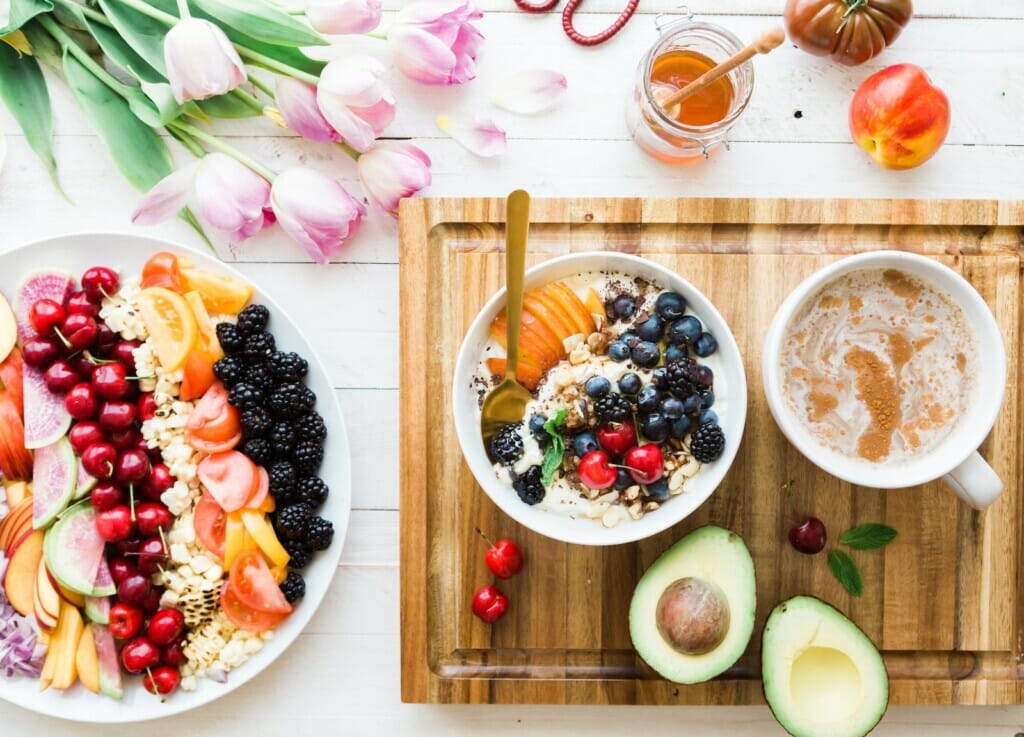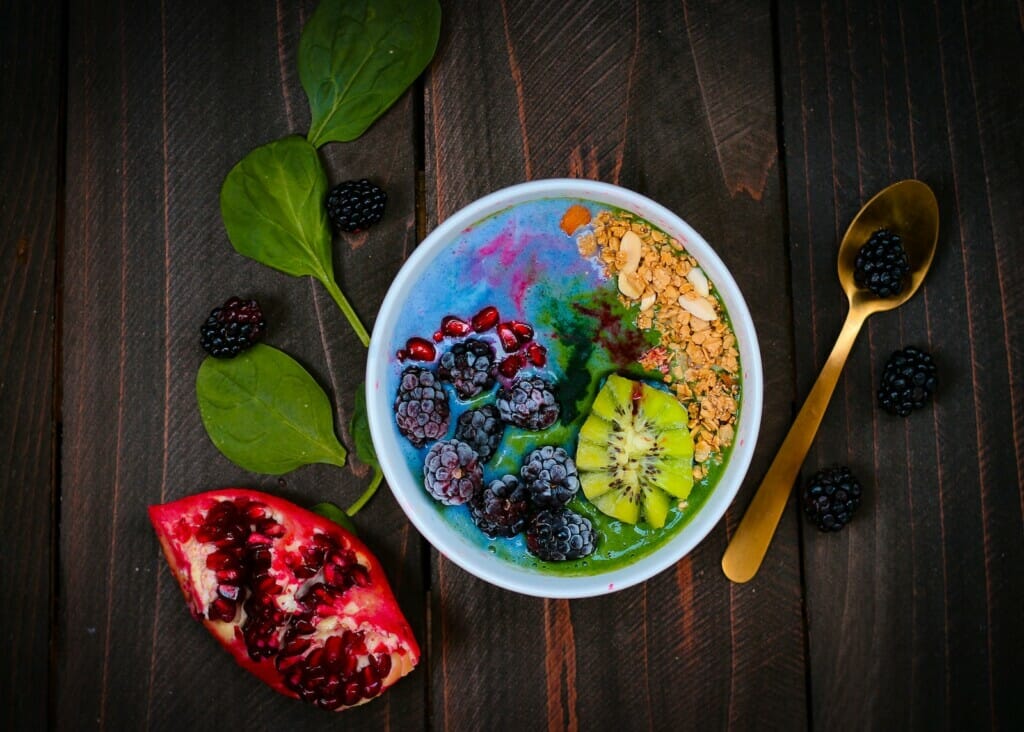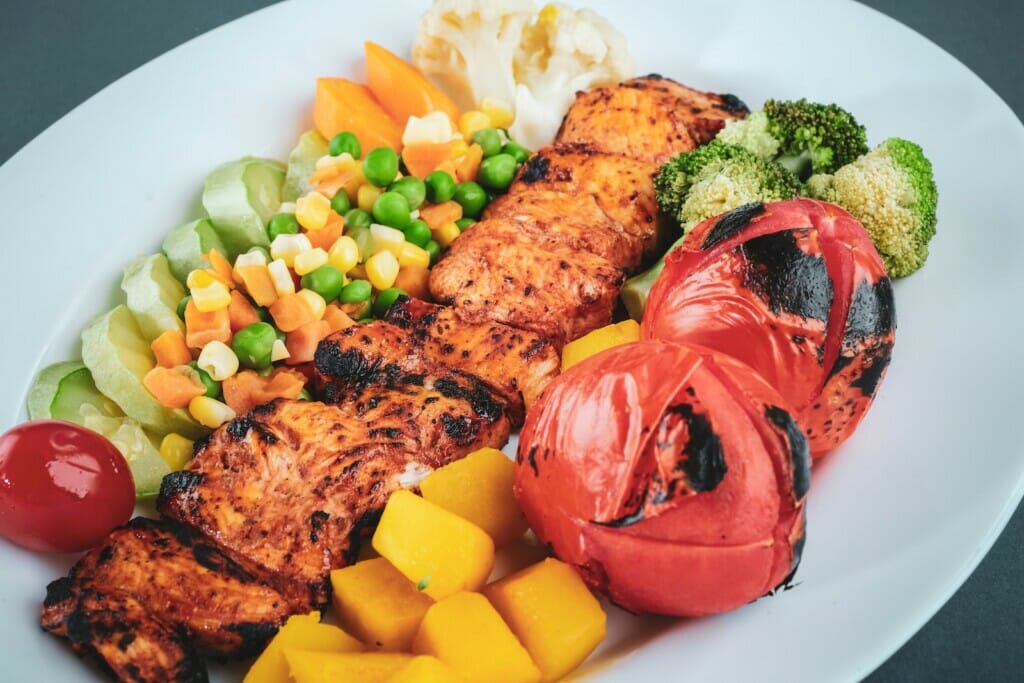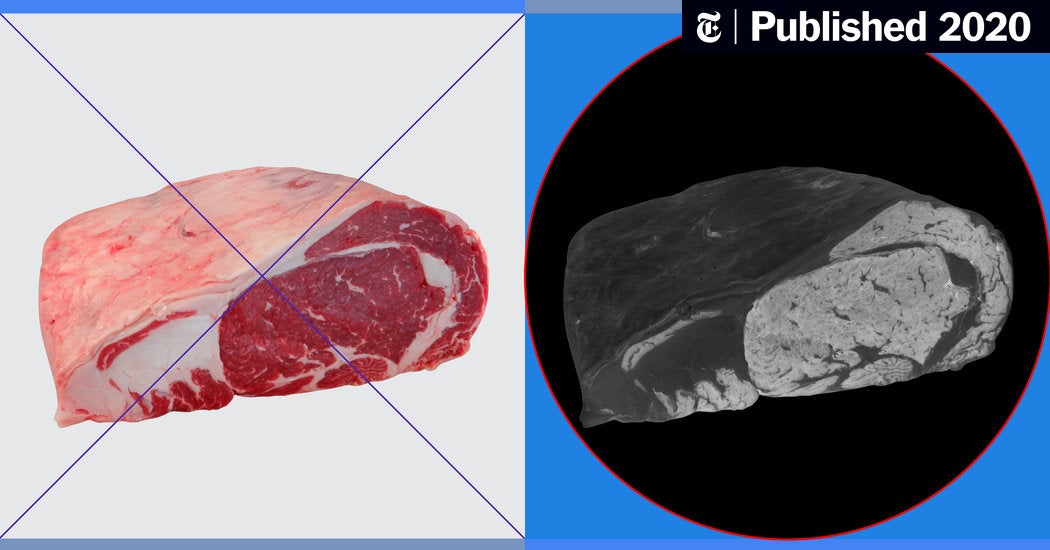What Is The Keto Diet And Does It Work?
A recent survey of registered dietitians named the low-carbohydrate keto diet yet again as the most popular diet in the United States. Powering this diet is fat, and loads of it — all the way up to a hefty 90 percent of one’s daily calories.
What Is The Keto Diet And Does It Work?
Its fans (and marketers) feed social media with before and after photos, crediting the diet for life-altering weight loss or other effects. They swirl butter into their coffee, load up on cheese and eat lonely burgers without their bestie: the bun. Staples like whole grains, legumes, fruit and starchy vegetables are being largely pushed off the plate as devotees strive for ketosis — when the body begins to burn fat instead of glucose as its primary energy source.
What Is The Keto Diet And Does It Work?
“America is in a state of carbophobia,” said Whitney Linsenmeyer, a spokeswoman for the Academy of Nutrition and Dietetics.
What Is The Keto Diet And Does It Work?
The diet is hailed for dropping pounds, burning more calories, reducing hunger, managing diabetes, treating drug resistant epilepsy, improving blood pressure and lowering cholesterol, as well as triglycerides, the major storage form of fat in the body. People have reported improved concentration, too. “We see pretty dramatic benefits,” said Dr. William Yancy, director of the Duke Diet and Fitness Center.
What Is The Keto Diet And Does It Work?
First, a word: Choosing an eating plan or an approach to eating is very personal. Everyone’s body, tastes and background are unique. The best approach to food intake is one in which you are healthy and nurtured and which matches your social and cultural preference. If you want guidance, it’s recommended you consult with a registered dietitian.
What Is The Keto Diet And Does It Work?
What is the ketogenic diet?
A “typical” ketogenic diet consists of at least 70 percent of calories derived from fat, less than 10 percent from carbs and less than 20 percent from protein. The ketogenic diet, long used to treat epilepsy in children, calls for 90 percent of daily calories to come from fat, with the amount of protein or carbs varying as long as it’s 4 grams of fat for every combined 1 gram of carb and protein, according to the American Epilepsy Society. That can mean chowing down on a lot of cheese, butter, eggs, nuts, salmon, bacon, olive oil and non-starchy vegetables…



